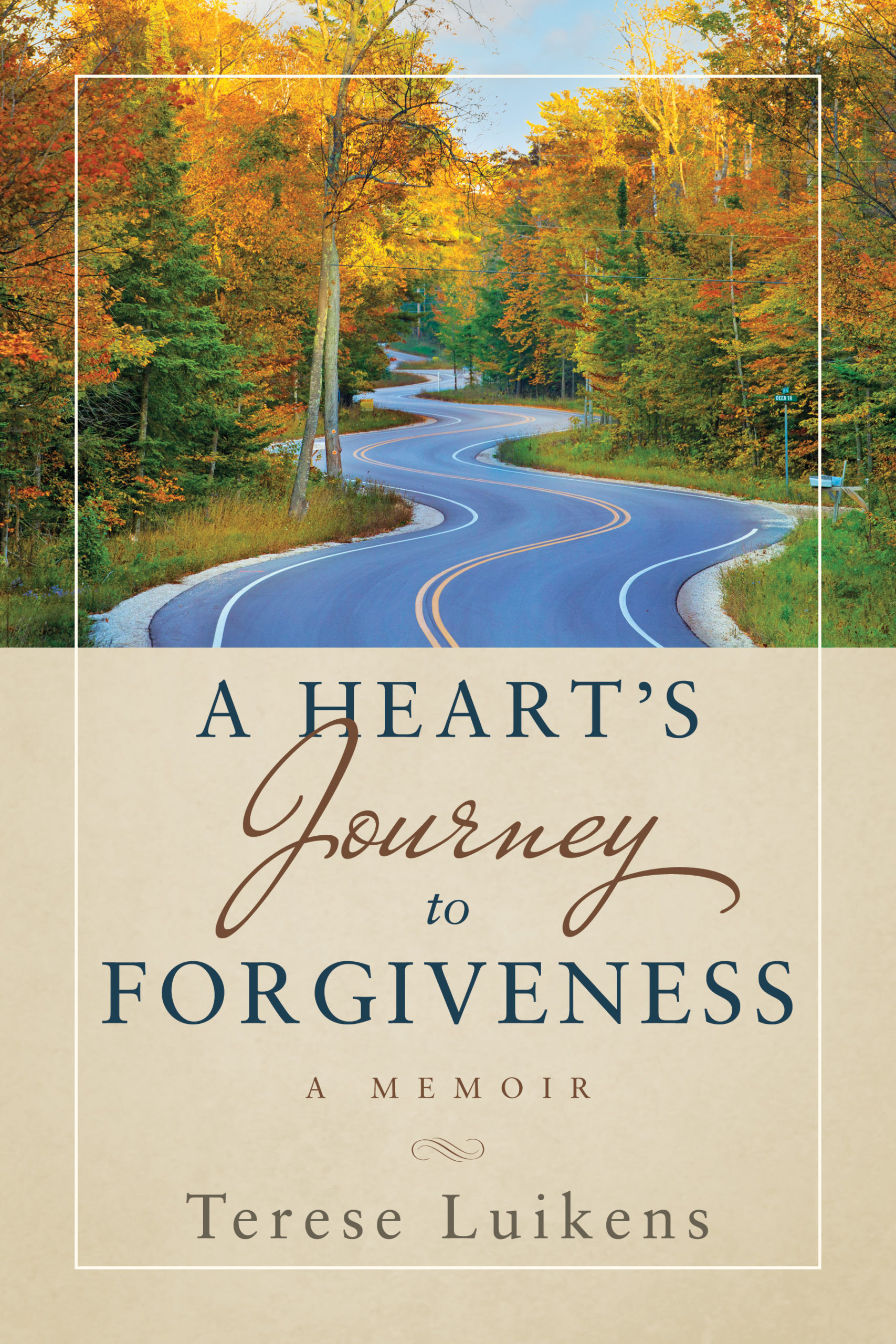
Why Bother Understanding What Forgiveness is Not?
There is a lot of misnomers, misinformation and false ideas floating around the idea of forgiving someone. Maybe that is why there is so much unforgiveness, resentment, and anger in the world; we’re cloudy about what forgiveness is all about.
Not
I may not be an expert, but I have personally experienced the difference between unforgiveness and then, the powerful antidote of forgiveness.
First of all, when we are looking for advice about forgiveness, we want to consider our source. Someone who is unforgiving is not a good guide for anyone looking for a way to forgive. Instead, anyone who is unforgiving protects, shields and conceals resentment, anger and grudges, making their own forgiveness unattainable. So, before you accept anyone’s advice on the subject, consider the source.
As an example, as a youngster, it never occurred to me to consider doubting what I heard and learned from the adults in my life. But, “just forget about it,” was the largest misnomer I learned and the most harmful.
We can’t forgive if we just forget about it. To do so would mean disengaging from how we feel and equates to plunging into the river of de-Nile. In order to forgive, it’s important that we acknowledge and name, to ourselves, the hurt, and the offense. If we weren’t offended, we’d have no need to forgive.
Another false idea to consider; reconciliation and forgiveness are the same. Reconciliation and forgiveness are not the same and you can forgive without reconciling.
Think of divorced couples who have forgiven each other and yet have not reconciled as husband and wife. Another example, in the case of a murder, abuse, or manslaughter, the offender can be forgiven by those who are left behind in the aftermath, but that does not mean they have to build a relationship with the offender.
Another false idea about forgiveness is that we have to let the one who’s offended us know that we’ve forgiven them. Not so. My Dad was already dead when I forgave him of the pain he’d caused me when he took his own life. Yet I still benefited greatly from “letting him off the hook” so to speak.
Finally, we cannot be shamed, forced or coerced into forgiving someone. We might agree when someone suggests that we need to forgive someone. But forgiveness has to come from a genuine heart. We don’t forgive because someone thinks we ought to. We forgive because we know, beyond a shadow of doubt, that we need to do it, for ourselves.
Forgiveness can be a strenuous journey because we have to follow that small thread of truth that leads us back to where we first began to harbor our hurt. Also, re-framing our thinking about the one we forgive constitutes some work. For instance after I forgave my dad, I had to work at re-framing my thoughts about him. He wasn’t all bad just because of the one horrific thing he did. Instead, there was plenty of good to remember about him as well.
Why bother understanding what forgiveness is not? When we look at what it is not, then we get a better picture of what it is. Forgiveness is a powerful choice and a conscious decision that we make when we discover that we really do need to forgive the person who did not live up to our hopes, dreams or expectations.
New Release
